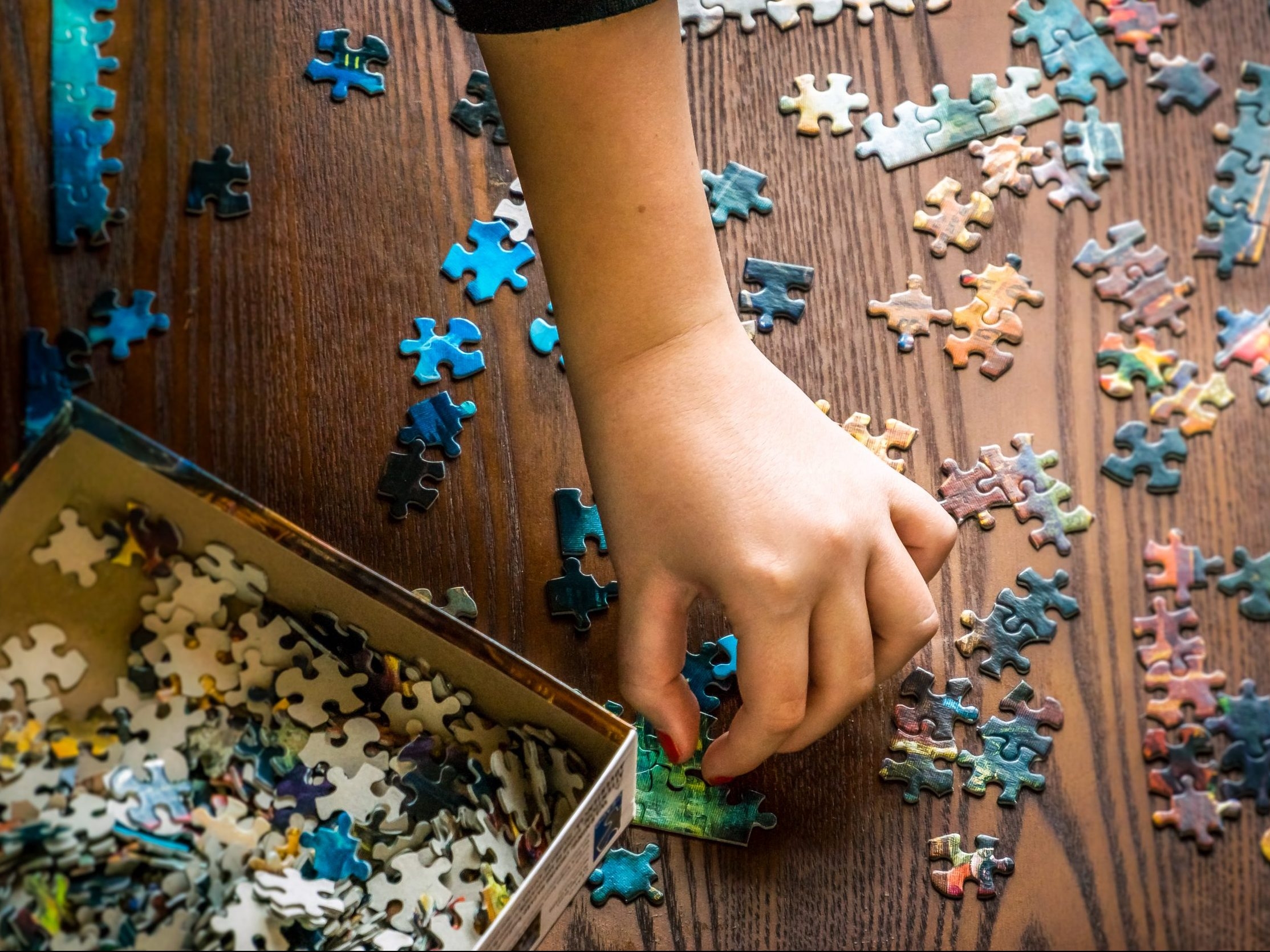Article content
Puzzles are a great pastime that also positively challenges the brain.
Article content
The brain-teasing games are also a good go-to for those with depression.
According to Wired writer Zoe Hannah, puzzles are great for mental health as it helps those struggling with depression to keep their heads above water. For Hannah, puzzles challenge and occupy her busy mind during bouts of depression and anxiety.
Harsh Goyal of India also turned to puzzles to take his mind off of the stress and anxiety during COVID-19 lockdowns. For Goyal, puzzles help him end up in a “satisfactory mood” upon completion.
In an interview, Trauma therapist Olivia James told Wired that solving puzzles help people feel good because it gives them a sense of control and satisfaction.
“What’s so satisfying about puzzles is that there are no surprises,” said James. “Nothing unexpected is going to happen in a puzzle.”
Article content
James said puzzles are helpful for people dealing with depression, stress and anxiety because it gives them a “holiday from yourself” by giving them a “gentle focus” on something else.
“If you can do a puzzle that’s still within your cognitive ability, it kind of gives you a little boost,” she said. “Solving a puzzle can remind you that you are capable, smart, and at least well enough to do something with your mind. “When we are that depressed, that is actually quite a good thing.”
James also noted puzzles occupy the mind and help people draw their focus outward, which gives them a break from their internal monologue. Upon completing the puzzle, a sense of achievement is felt and catharsis sets in while making people feel more intelligent and better prepared for life’s uncertainties.
“Anything that humans can do to self-regulate, to soothe themselves, is helpful,” James told Wired. “We’re trying to manage our own moods. Puzzles are just one way of doing that.”
However, the therapist stressed that puzzles aren’t a replacement for mental health care, and it’s possible to get obsessive and fixated on puzzles, which is detrimental to one’s ability to get help.
Stay connected with us on social media platform for instant update click here to join our Twitter, & Facebook
We are now on Telegram. Click here to join our channel (@TechiUpdate) and stay updated with the latest Technology headlines.
For all the latest For Top Stories News Click Here

